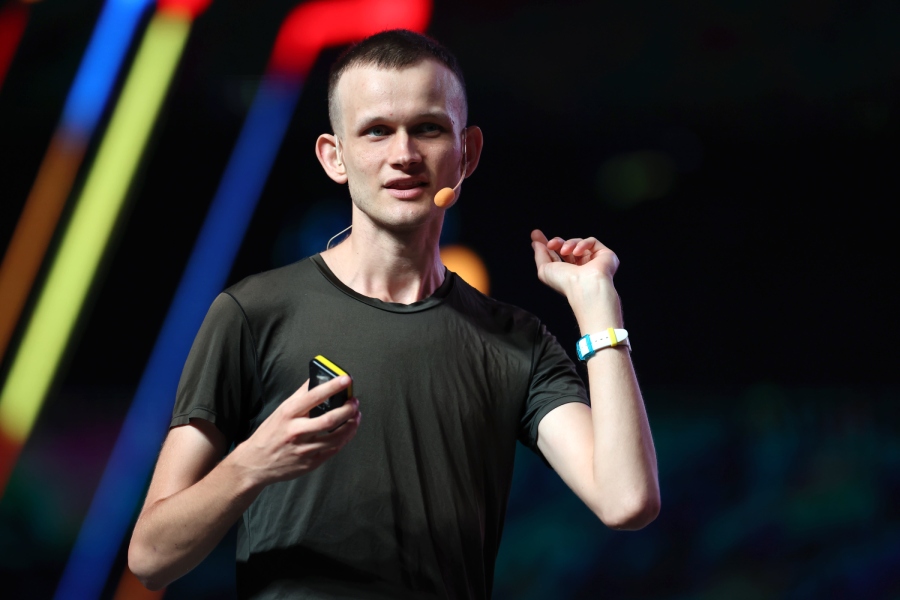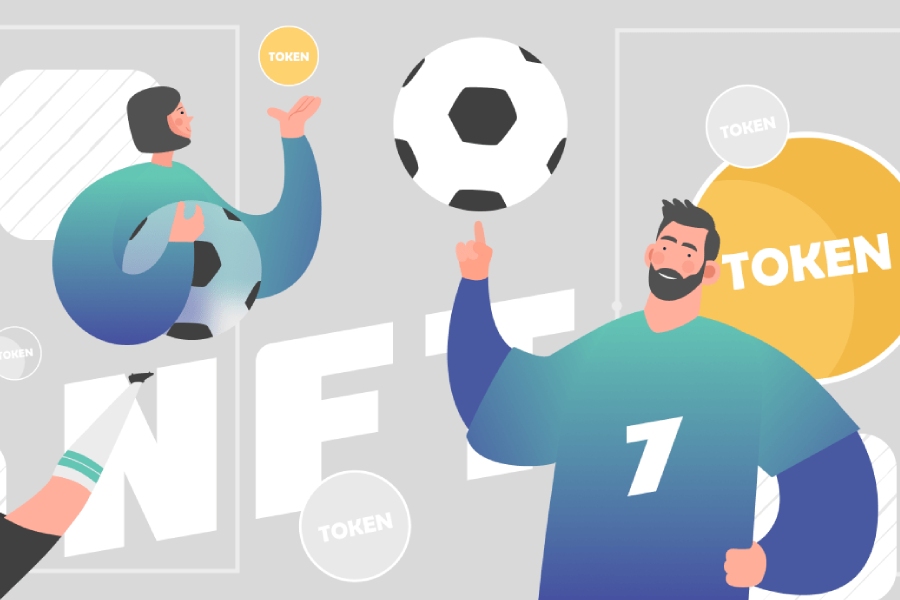Vitalik Buterin, the co-founder of Ethereum, is a pivotal figure in the cryptocurrency world, known for his profound influence on the development of blockchain technology beyond just currency transactions. A programmer and writer with a deep passion for blockchain, Buterin has transformed his early fascination with Bitcoin into the creation of Ethereum, a decentralized platform that supports smart contracts and decentralized applications (dApps). This article explores Buterin’s journey, the innovations of Ethereum, and his ongoing impact on the blockchain industry.
Early Life and Introduction to Blockchain
Born in Russia and raised in Canada, Vitalik Buterin was introduced to Bitcoin by his father at a young age. His early exposure to programming and economics allowed him to quickly grasp the implications of cryptocurrency. He began writing for a publication called Bitcoin Weekly in 2011, which laid the groundwork for his deepening interest in blockchain technology. His writings and early involvement in the Bitcoin community earned him the Thiel Fellowship in 2014, which he used to start working on Ethereum full-time.
The Genesis of Ethereum
Buterin conceived Ethereum as a reaction to Bitcoin’s limitations. While Bitcoin was primarily a decentralized financial system, Buterin saw the potential for blockchain technology to facilitate broader applications through a general scripting language. He introduced Ethereum in a 2013 white paper, proposing a platform that would allow developers to create their own decentralized applications on a blockchain.
Key Innovations and Contributions
Ethereum, under Buterin’s leadership, introduced several groundbreaking concepts to the blockchain:
- Smart Contracts: Ethereum’s most significant contribution is the smart contract, a program that runs on the Ethereum blockchain and automatically executes when certain conditions are met. These contracts are what enable the creation of decentralized applications on Ethereum.
- Ether (ETH): While Ethereum is the platform, Ether is its native cryptocurrency. Ether is used to compensate participants who perform computations and validate transactions on the network, and it is also used by developers to pay for transaction fees and services on the Ethereum network.
- Decentralized Autonomous Organizations (DAOs): Ethereum’s framework has made it possible for developers to create DAOs, which are fully autonomous, decentralized entities with no single leader. DAOs are run by programming code, on a collection of smart contracts written on Ethereum.
- Ethereum 2.0 and the Shift to Proof of Stake: Buterin has been a strong advocate for Ethereum’s transition from proof of work to proof of stake in its consensus mechanism. This shift aims to address issues of scalability, energy consumption, and speed that have been persistent criticisms of traditional blockchain systems.
Impact on the Crypto Ecosystem
Buterin’s work with Ethereum has had a profound impact on the crypto ecosystem. Ethereum has become the foundation for the majority of dApps, ranging from financial tools to social networks and games. Furthermore, it has spearheaded the development of other blockchain-based innovations such as NFTs and decentralized finance (DeFi), both of which are now significant sectors within the cryptocurrency space.
Challenges and Future Outlook
Despite its successes, Ethereum faces challenges such as high gas fees and network congestion. Under Buterin’s guidance, the Ethereum community is working towards significant upgrades in the Ethereum 2.0 overhaul, which is anticipated to solve many existing issues.
Conclusion
Vitalik Buterin remains a towering figure in the blockchain community. His foresight and innovations have not only shaped Ethereum but also had a lasting impact on the broader blockchain and cryptocurrency landscapes. As blockchain technology continues to evolve, Buterin’s ongoing contributions will undoubtedly play a crucial role in its future developments, driving forward his vision of a more open, decentralized world where users have greater control over their digital interactions.








